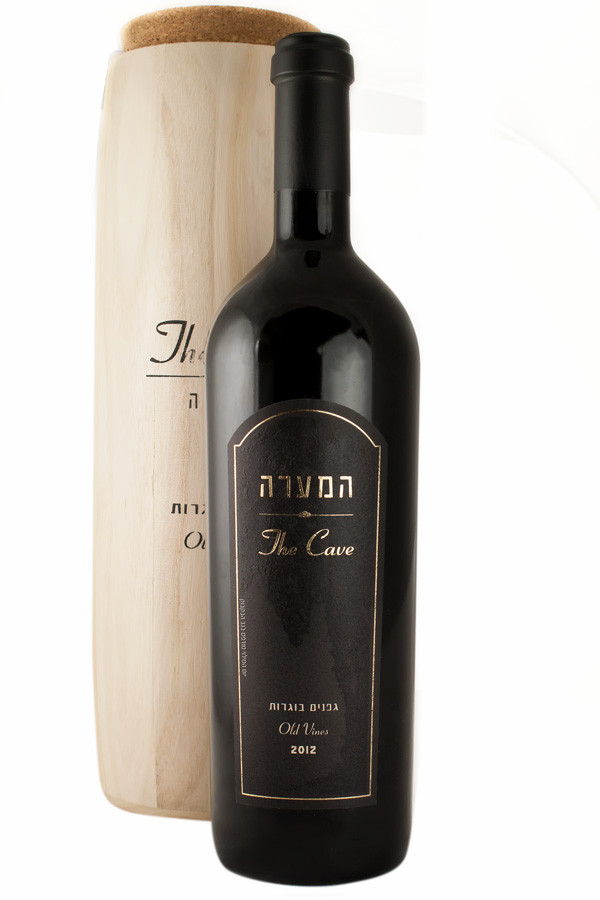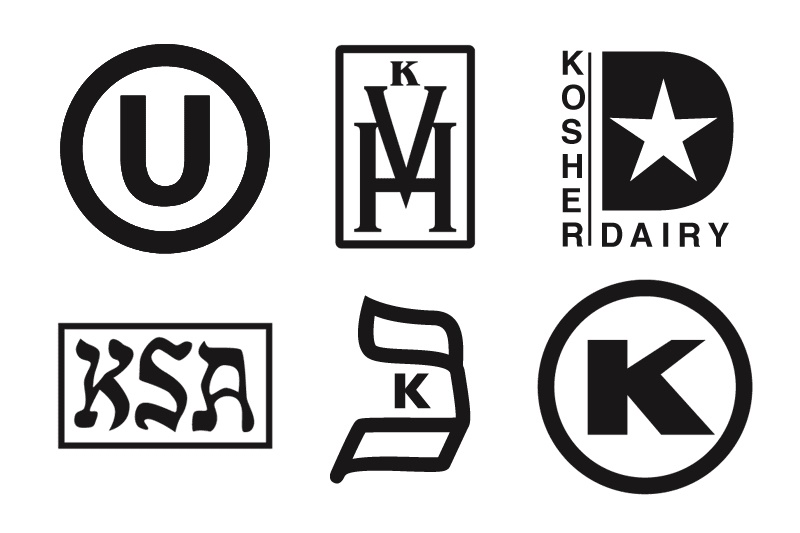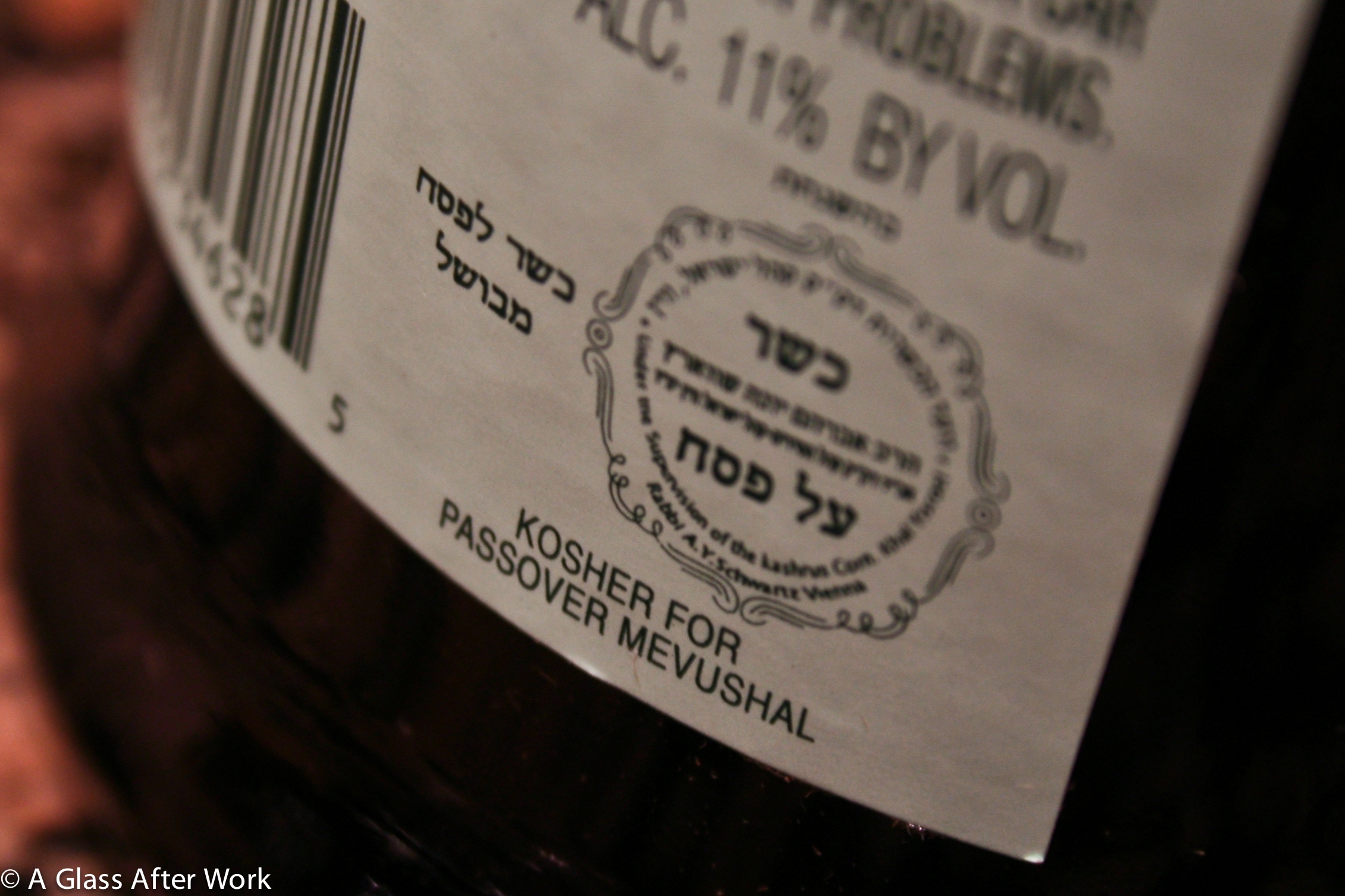Mevushal Wine: The Boiling Controversy
There are two types of Kosher wine: non-mevushal and mevushal. While most of the Torah-observant non-Jews are unaware of such a classification, there is a difference between them. But as we will explain in the following, this difference is boiled down to the principal question whether the mevushal wine can be found in the Scripture. And if mevushal wine cannot be found in the Scripture, then it must be Rabbinical. So, is the term “mevushal wine” Scriptural or Rabbinical? A good departure point to describing the issue of “mevushal wine” is to explain what Torah says about wine.
Where did mevushal wine come from?
The Torah not only prohibits Israel from engaging in idolatrous practices, but it also required the Israelites to utterly destroy the idols of the heathens, upon entering the Promised Land, so that they would not be a snare to them. In the Temple, wine was poured upon the altar together with the sacrifice. For the signification of the ritual wine, we may judge by the importance YHVH has put on it. We read in the Torah that YHVH commanded Israel to bring the first sheaf of the first fruits of the harvest to the priest, so that he should wave it before Him, for their (Israelites) acceptance.
And on the morrow after the Sabbath (that is the day of the First fruits) the priest should prepare a male lamb a year old, as an ascending offering to YHVH together with its grain offering, fine flour mixed with oil, and wine (Lev 23:10-13). We have explained these verses in accordance with what we have written about the Passover and the Festival of the Unleavened Bread in the Time of Reckoning series The Appointed Times of YHVH.
In the Temple time, the boiling of wine would have rendered it unfit to be brought upon the Altar with the other sacrifices. However, the reality today is quite different. The Rabbinic law (the Oral Law) has given a unique status to the wine by placing extra restrictions on the making and handling of wine. This includes wine used for non-ceremonial purposes. This type of wine is called in the Rabbinic sources “mevushal”. That said, herein we will address the term “mevushal wine” in the manner of the Torah.
The term mevushal מְבֻשָּׁל (alternative spelling is מבושל) is borrowed from Hebrew and literally means “boiled”. It comes from primitive root בָּשַׁל bashal, to boil up, hence, to be done in cooking, and figuratively it means to cook. We find בָּשַׁל bashal in the Torah, in accordance with to what YHVH has said about the preparation for the Sabbath day,
Tomorrow is a rest, a Sabbath set-apart to Yehovah. What you bake, you shall bake; and what you boil, you shall boil. And lay up for yourselves all that is left over, to keep it until morning. (Exo 16:23)
Derivatives of the primitive verb בָּשַׁל bashal are בָּשֵׁל bashel, which means “boiled”, and מְבַשְּׁלָה mevashelah, “boiling”, but it also means a boiling-place or simply a kitchen. This Hebrew word may be both masculine and feminine, and the spelling will be respectively: masculine plural מבושלים or מְבֻשָּׁלִים, feminine plural מבושלות or מְבֻשָּׁלוֹת.
These kitchens, מְבַשְּׁלֹות mevashelot, described in Eze 46:23-24, are the cooking places that will be situated by the outside wall of the inner court of the future Third Temple, as required for the preparation (the cooking) of the sacrificial meals for the priests. From the last nine chapters of Ezekiel that contain the magnificent vision of the new Temple and the new organization of the Temple service of YHVH, we read thus,
This is the place where the priests shall boil the guilt-offering and the sin-offering, where they shall bake the meal-offering … (Eze 46:20 JPS)
According to the Talmudic rules, for wine to be considered kosher, it must be prepared by observant Jews from the time the grapes are crushed until the wine is bottled. Any ingredients used in the process of winemaking, including the finings (substances, such as bovine gelatin, added to wine to improve clarity) must also be kosher.
Some winemakers (outside of Israel), however, use a non-kosher ingredient, such as porcine gelatin, as part of the fining process, but not as an ingredient in the wine itself. Allegedly, according to them, such finings are not intended to infiltrate the wine product, and the inclusion of any non-kosher ingredient within the wine occurs by accident. Such wines, in which porcine gelatin (made of swine) has been used as a part of the refining, is considered non-kosher and therefore unsuitable for consumption by Torah-observant persons.
Wine that is certified as “Kosher for Passover” must be free not only from porcine finings, but also free from contact with leaven during the entire process of making, as the Passover lamb itself must be. Scripture teaches: “You shall not slaughter the Passover (Pesach) sacrifice as long as the leaven still exists”.
Do not slaughter the blood of My sacrifice with leaven, and do not let the sacrifice of the Festival of the Pesach remain until morning. (Exo 34:25)
Boiling wine
According to Judaism, wine meant to be “mevushal” must be boiled. However, there is a disagreement between the Kashrut rule makers in Judaism as to the precise temperature a wine must be boiled at to be considered mevushal. This temperature ranges from 74°C (pasteurization) to the almost boiling temperature of 90°C. For comparison, the boiling temperature of water is 100°C. At this temperature, the wine is not at a rolling boil, but it is still in the state of evaporation. In this process of “cooking”, the mevushal wine suffers some damages on the quality and aging potential.
The process of boiling a wine destroys the yeast on the grapes (the fine whitish film on grape skin) and greatly alters the tannins and flavors of the mevushal wine. Therefore, to minimize this alteration and the loss of beneficial ingredients of the wine, some Rabbis defend the use of another process of making mevushal wine.
Is pasteurized wine considered mevushal?
This process is called “flash pasteurization” which rapidly heats the wine to 74°C and immediately cools it down to room temperature. Allegedly, this flash pasteurization minimizes the damaging effect on the wine, but we should recall also that the vitamins (from Latin vita, “life”) and enzymes die at 56°C, and Vitamin C dies at even a lower temperature: 46°C.
Some Rabbinic authorities argue that although wine that is pasteurized is technically considered boiled, it cannot be considered mevushal. Kosher wine that has been boiled prior to the bottling is called “mevushal”. Thus, the mevushal wine lacks life in it, since all forms of life, such as vitamins and enzymes, have been destroyed in the process of boiling. It is for this reason but also to maintain the brand name that some wineries do not permit their products to be pasteurized or boiled. But why is wine boiled in the first place?
Judaism: “Mevushal wine served by or to the gentiles”
It is imperative that the production and handling of Kosher wine (and all other fruits of the vine, such as grape juice, and all products containing them) is done exclusively by Torah-observant Jews. And while this is all good, the Rabbinic rules extend however even to at the opening of the seal of the bottle. And here comes the controversy. In Judaism, an observant Jew is not allowed to drink any wine or grape juice, which has been touched by a non-observant Jew or a non-Jew after the seal of the bottle has been opened. It is for this reason that wine is “released” from its consecrated status in order to be served in Kosher settings by this category of people.
But from where is this matter derived about which it has been stated in the Rabbinic sources that wine touched by a Gentile is rendered unfit for an observant Jew? Because that compels us to consider another question: If that was the intention of the Creator of wine, why was that not made explicit in the Torah? But, according to the Rabbinic rules, once kosher wine has been boiled, it may be handled by non-observant Jews and non-Jews and will still keep its Kosher status. Hence, it is imperative that wine served by or to non-Jews in a kosher setting be labeled as “mevushal”.
Here are some of the regulations for making and handling Mevushal (Refer to the source for the complete quote):
47:3 If kosher wine has been cooked by boiling it until some of it has evaporated, it remains permitted for drinking even if handled by non-Jews. (Such wine is called “yayin mevushal”)
47:14 If a Jew sends wine using a non-Jewish courier, he must make sure that every tap or opening is properly sealed with a double seal.
The Gemara (Avoda Zara 30a) cites that the restrictions concerning a gentile touching wine do not apply if the wine is boiled in the proper settings.
With that said, mevushal is not considered “sacramental wine” in Judaism and is therefore not included in the prohibition against being handled by non-Jews. The mevushal wine must, as with all kosher wines, bear the symbol of a reliable supervision organization and it should say “This wine is mevushal” on the back label.
When kosher wine is mevushal, according to the Talmudic interpretation, it becomes unfit for idolatrous practices and will keep its Kosher status even if it is touched by an idolater or a Gentile. We should recall here that Talmud is not the Written Law (the five books of Mosheh) but the Oral Law of the Rabbis, although the Rabbis refer to the Written Law and the Oral Law by the common term “Torah”. Some Jewish authorities, however, believe that Christians are not considered idolaters and that their products cannot be considered forbidden in this regard.
Modern-day winemaking
Since most winemaking today is fully automated and considered already kosher by the traditional Halachic standards (Halachah: Talmudic literature that deals with law and with the interpretation of the laws on the Hebrew Scriptures), the wine is technically Kosher. Thus, these authorities concluded that wines manufactured in this automated process may not be classified as wine “manufactured by gentiles” and thus are not prohibited by the Jewish law. And indeed, there is no reason to believe that the production of such wines is conducted a part of pagan religious practice. Most wines manufactured in such facilities have no non-kosher ingredients whatsoever, and they are good for consumption as long as the winemakers label the wine as “Kosher” or “Vegan Friendly”.
Wine in pagan practices
There are verses that have been used by the Rabbinic authorities to justify the practice of boiling the wine. In the Song of Mosheh, which describes the future idolatry Israel would fall into, it is said,
Where are their gods, the rock in whom they trusted; Who did eat the fat of their sacrifices, and drank the wine of their drink-offering? Let him rise up and help you, let him be your protection. See now that I, even I, am He, and there is no god with Me; I kill, and I make alive; I have wounded, and I heal; and there is none that can deliver out of My hand. (Deu 32:37-39 JPS)
The plain meaning of the verses is as follows. The expression “their gods” above relates, not to the heathen, but to the Israelites, who had fallen into idolatry. To those “gods” they had brought their sacrifices with wine. Deu 32:31-33 states that their wine is of the venom of serpents and the fruit of the vine of Sodom and Gomorrah. But using these verses to justify the production of the mevushal wine makes the issue even more confusing. But this must not be so, because Scripture does not come to make things obscure but to explain.
If Mosheh had intended to say what the Rabbis say he had meant, and if the Torah wanted to be consistent, it should have written somewhere that wine must be boiled for such and such purposes and use. But neither Torah not Mosheh had established such a practice of boiling wine, and the claim of the Rabbis has no bearing on us to prove our point. We must therefore view these verses as telling us that the ancient Israelites would adopt pagan practice of bringing their sacrifices to the idols together with wine. Nothing has been said about boiling wine, etc.
So, do these verses prohibit wine handled by non-Jews, or just the wine used for idolatrous libation? We already addressed the issue of “mevushal wine” and offer this question for the reader’s consideration. However, if some were to argue that the Rabbis have the authority to set their own rules and regulations, called takanot and ma’azim, there is no merit to such an argument. The fact is that the Torah has not commanded such a practice of making “mevushal wine”.
In conclusion, are the rules on mevushal wine Scriptural or Rabbinical? They are Rabbinical—merely man-made rules without Scriptural basis. Besides, whether by “flash pasteurization” or by boiling, the wine is destroyed, and what is left therefore after the boiling is a red aromatic liquid with some minerals and alcohol content. Without being an expert in wine degustation, it is the present author’s opinion that the difference between non-mevushal and mevushal wines is freshness; the mevushal wine lacks the palatable freshness of the real wine. And no wonder since there are no vitamins and enzymes that sustain life.
Knowledge known to only a few will die out. If you feel blessed by these teachings of Time of Reckoning Ministry, help spread the word!
May we merit seeing the coming of our Mashiach speedily in our days!
Navah



